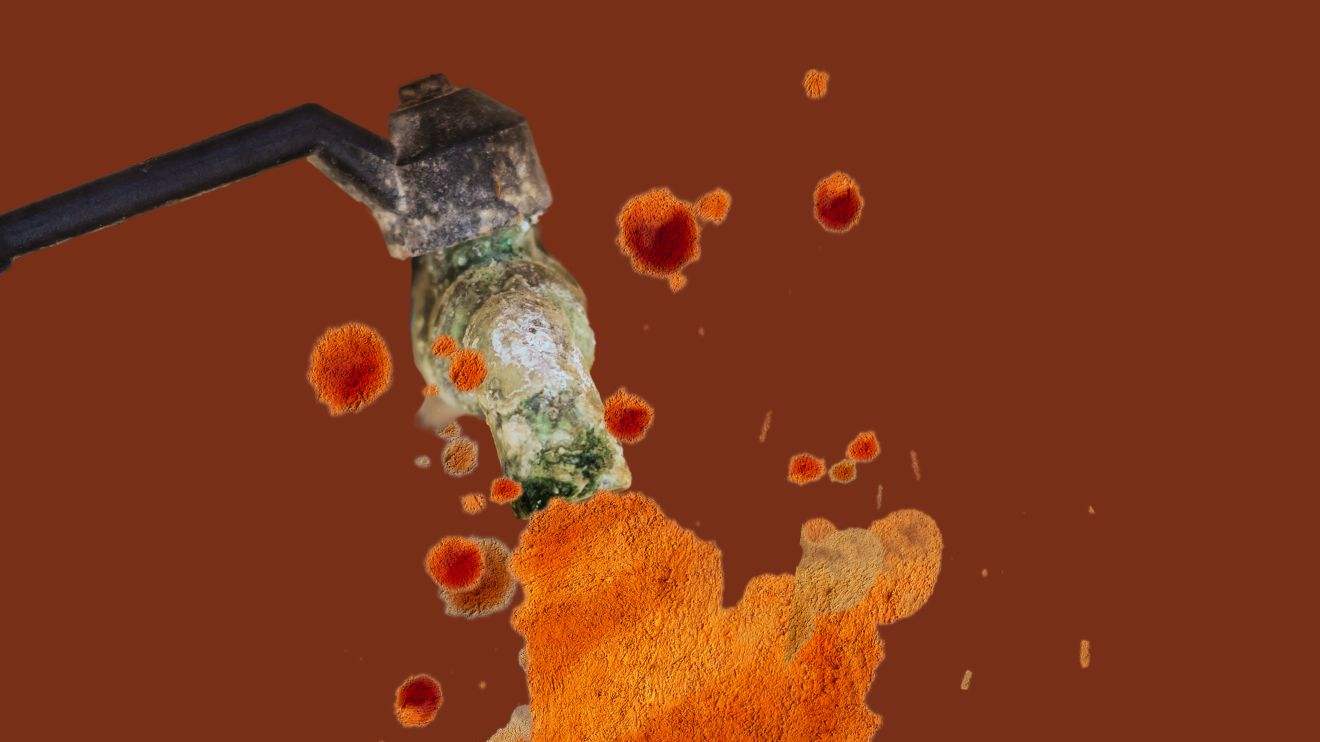Explained: Is the overuse of mental health terms driving us to cultural collapse?
A helpful lens to look at the big fight over wrong use of words like trauma and depression.

<Important: If you found this email in your promotions tab, please move it to your primary inbox. Thank you.>

The rise of therapy culture has riven us right down the middle. As if we weren't polarised enough already about everything under the sun, now a lot of us are angry that the mental health conversation has swung disturbingly from one ledge to another – from deathly stigma and silence not so long ago...
... to a pop-culture orgy where therapy-speak like 'boundary', 'triggering', 'attachment style', and 'toxic' flows vulgarly off our tongues. Identifying with mental health conditions has been 'normalised' to the absurd degree that words like 'depression' and 'trauma' no longer mean anything.
Others dismiss this as pointless moral panic and gatekeeping. Everyone has the right to assert their lived experience in their own way, they argue. If your nose feels threatened by my swinging arms, know that I am only exercising and don't mean to attack you. If you are still bothered, feel free to remove your nose from my arc.
If you feel discombobulated and scared to open your mouth lest you say something wrong (here's a good example of how complex and hairy this debate is), I see you. (Darn. how did we say 'I understand' before we learnt to say 'I see you'?) I have a hard time trusting anyone who claims to get it right all the time – whatever right means. In that spirit, let's unpack the kerfuffle around the overuse of mental health terms, and search for a helpful lens that offers clarity instead of confusion.
Also listen to this episode 👇🏾 of the Little Fixes podcast where I address this topic at length with host Maitri Verma. Some parts are in Hindi.

The two camps
For starters, remember that what's happening now isn't new. In the 1970s and 80s, there was equal consternation over the rise of 'psychobabble'. Still, the current, swift turnaround in public mood around open airing of psychological language can feel dizzying and disorienting. Like one moment you are starving, and the next moment your belly is so painfully full and distended that the idea of food itself disgusts you.
Those aggravated by the infestation of therapy-speak make three broad arguments:
- The misappropriation argument: Casually appropriating serious mental health conditions has real repercussions. If everyone is 'depressed', no one is. This dilution of the word harms people living with the real clinical condition, especially those at the margins of society, who have to fight an exhausting battle to get validation for their struggles. If everyone shouts 'trauma' – caused by rush-hour traffic or an afternoon with your annoying uncle – it sucks the oxygen off people living with big-T trauma engendered by extremely harmful or life-threatening events.
- The death of relationships argument: The ever-louder 'prioritise yourself' slogan is eating away at the roots of human relationships. We are so besotted with self-care that we've forgotten how to 'hold space' (there we go again) for others. The moment another person disagrees with us, we accuse them of 'gaslighting'. You can't have a normal conversation with a friend anymore without worrying whether you are violating their boundaries. Are you venting or 'trauma dumping'? Here's how relationship therapist Esther Perel estimates the damage:
"[It] is actually making us more isolated and more alone, because the focus is just on the self. The focus is not about the mutuality of relationships — the reciprocity, the way that you weave fabric, you know, between people who are relying on each other."

- The shirking responsibility argument: This one works at two levels.
i) When we blame all our poor habits and behaviours on trauma, we are pushing ourselves dangerously close to a world that has no room for the possibility of healing and recovery. We are saying taking responsibility for our actions and fixing whatever's in our control is pointless because trauma will get us in the end anyway.
ii) We are also enabling jerks who weaponise these words to justify their odious behaviour. I.e. your vile boss who thinks insulting you in public for missing a deadline because you were down in the dumps is all right because "I also had depression, but I chose to man up."








